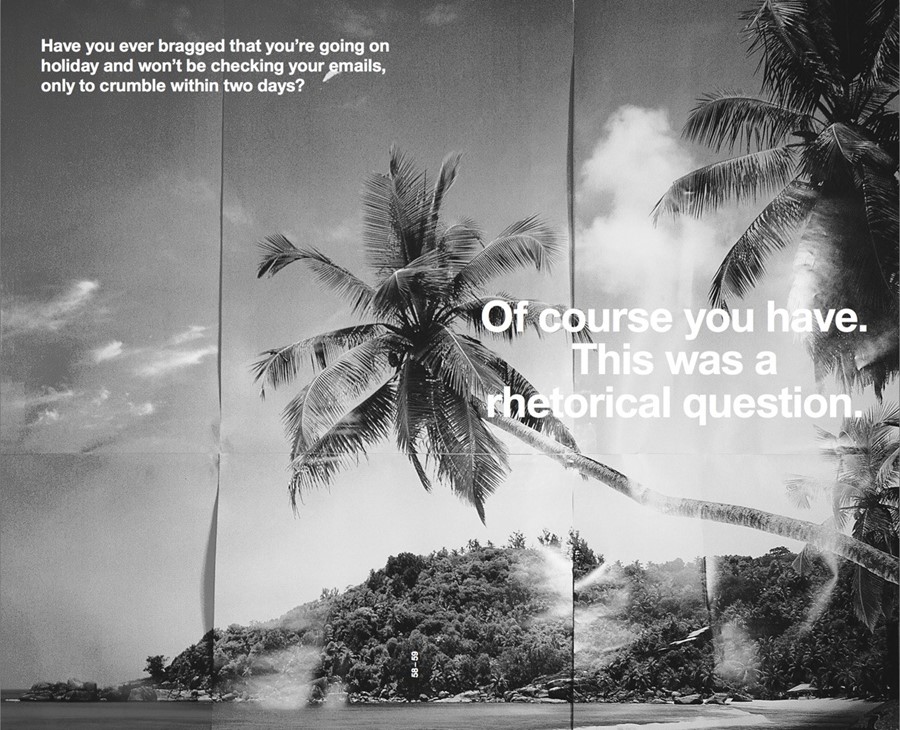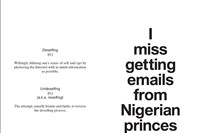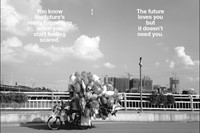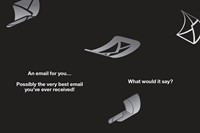Coupland, Basar and Obrist deliver their print interpretation of the digital world with a brilliant self-help guide to the extreme present
Who? In their new co-authored book, AnOther’s long-time collaborator and curator/writer Hans Ulrich Obrist, novelist Douglas Coupland and author/editor Shumon Basar present their perceptions of the Internet world in the form of "a guide to the extreme present". With contributions by 35 international artists, from R.E.M.’s Michael Stipe to rising conceptual artist Amalia Ulman, the intellectual trio offers an email-like, culturally-perceptive exploration of our digital realities, while the surreal graphic mash-ups by Wayne Daly bring the idiosyncrasy of the screen onto paper, with a kill-me-if-this-is-real kind of effect on the reader.
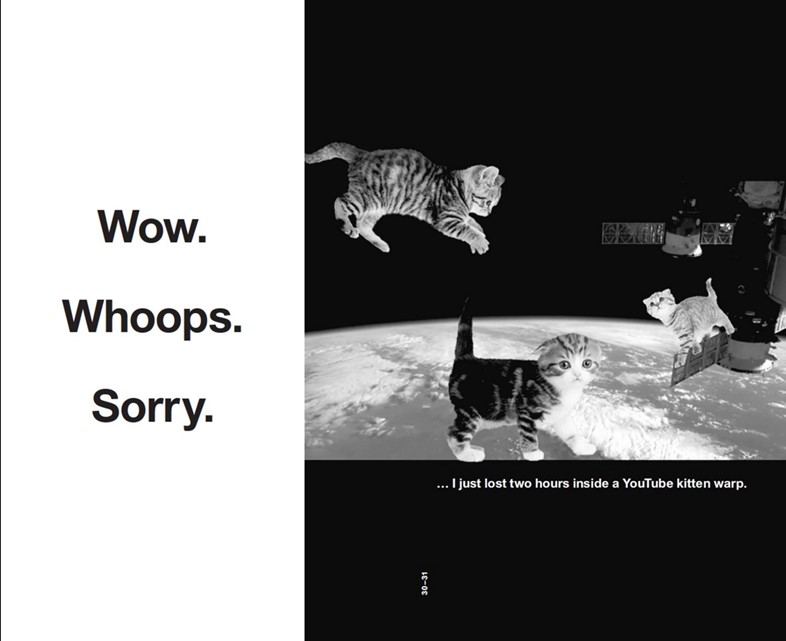
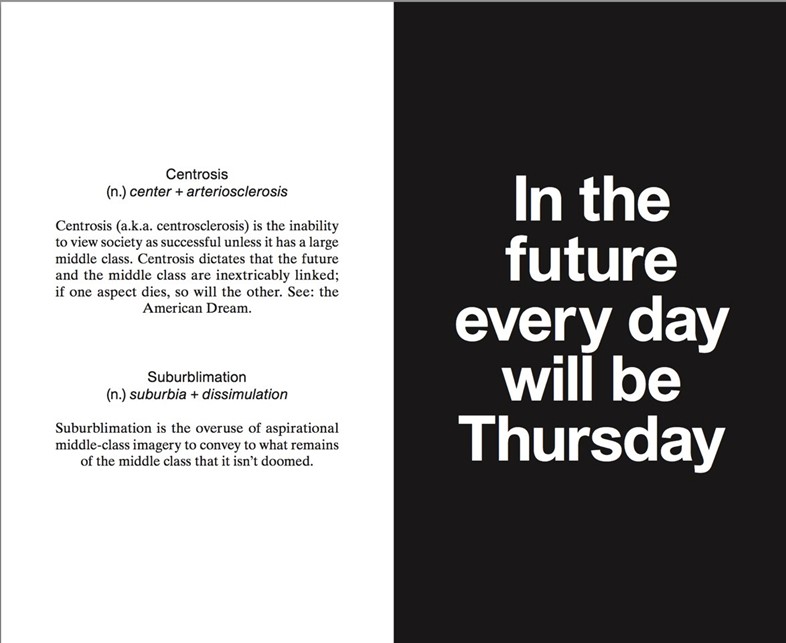
What? Conceived as a reevaluation of Marshall McLuhan’s 1967 book The Medium is the Massage: An Inventory of Effects – an examination of how technology manipulated culture in the 1960s – The Age of Earthquakes sets out to analyse life in the Internet age. A mix between a dystopian modern glossary, Internet memes, multiple-choice dropdowns, mindsource images and a fair bit of wisdom, it is a self-help book for the "last generation that will die". A paper Tumblr decodified, the book can be split in five sections characterising the main aspects of man-Internet interaction – Technology Plus Us, The Brain Outsourced, Me vs. Them, Internet Geology and A Future Faster. The largely invented glossary is the closest it gets to describing how we feel nowadays – for instance, if your computer is having a "pseudo-leisure moment" in which it decides to stop saving a file or just messes with your head in general, it’s because it’s having a "time snack", while it’s totally understandable if you feel a bit "smupid" at times, thinking that you’ve never been smarter and yet somehow you’ve never felt stupider, because we’ve all been there before.
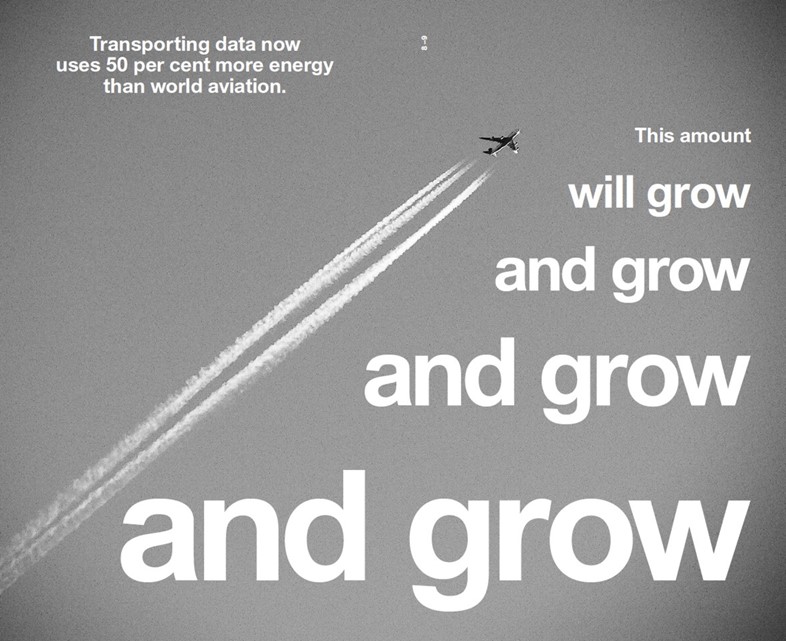
Why? With lines like "offline = loneliness" and "your sense of community is something you visit at 11.30pm on a website", The Age of Earthquakes encourages to reflect on the perennial Internet-sucking state we live in. It will leave you with an uncomfortably close feeling that the reality we created for ourselves is really not OK. Through an intellectually stimulating combination of philosophy, anarchy, pragmatism and humour, the hope is that this bookification of the online universe will shake us out of our digital bubble and into a healthier mind space where money, friends, work, time, status and love are not just something exclusive to the .com world.
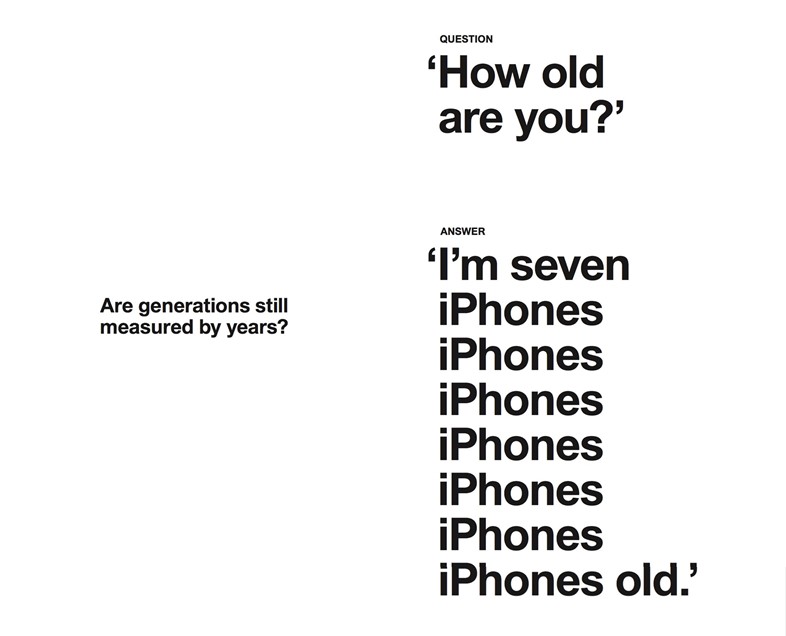
The Age of Earthquakes: A Guide to the Extreme Present is out now, published by Penguin.
